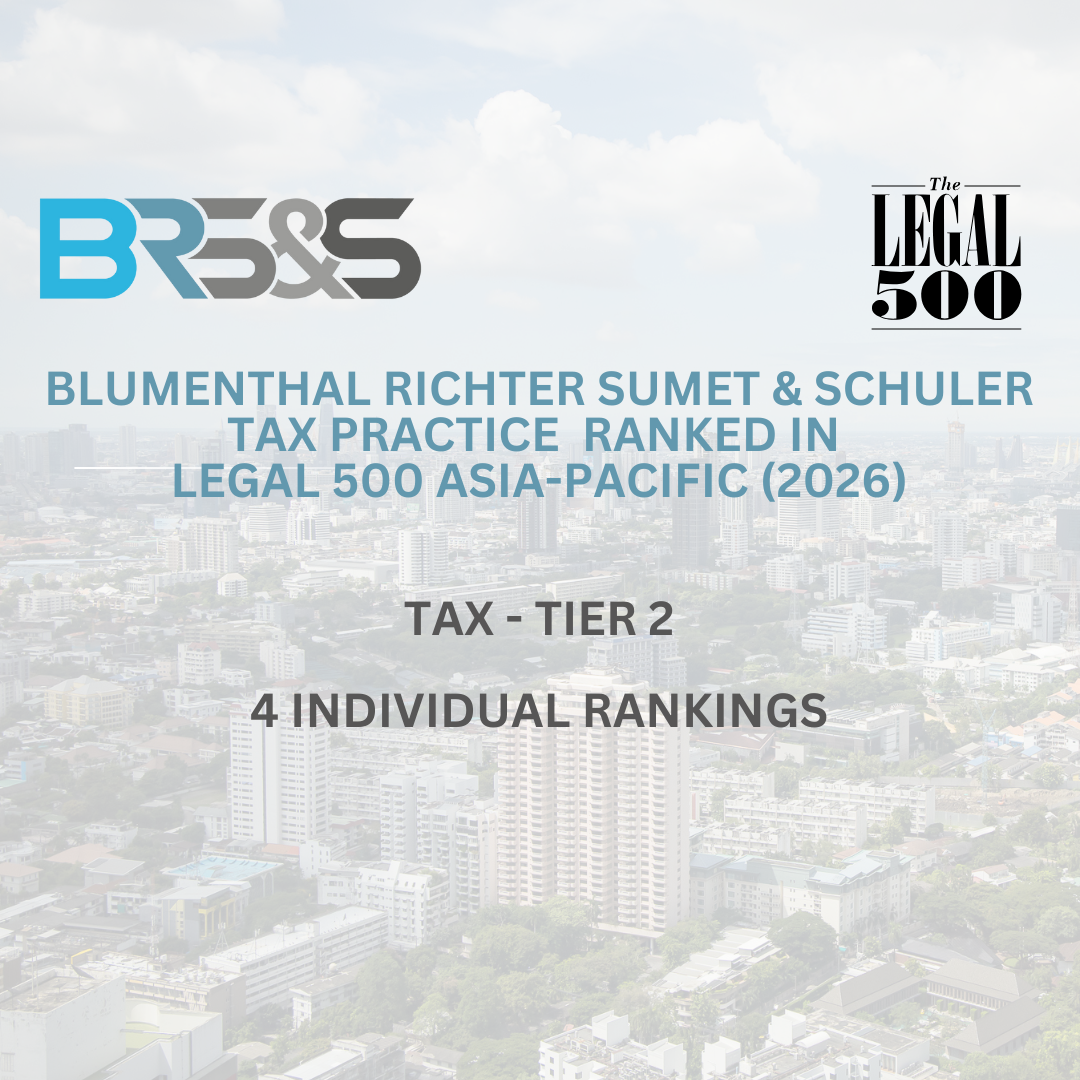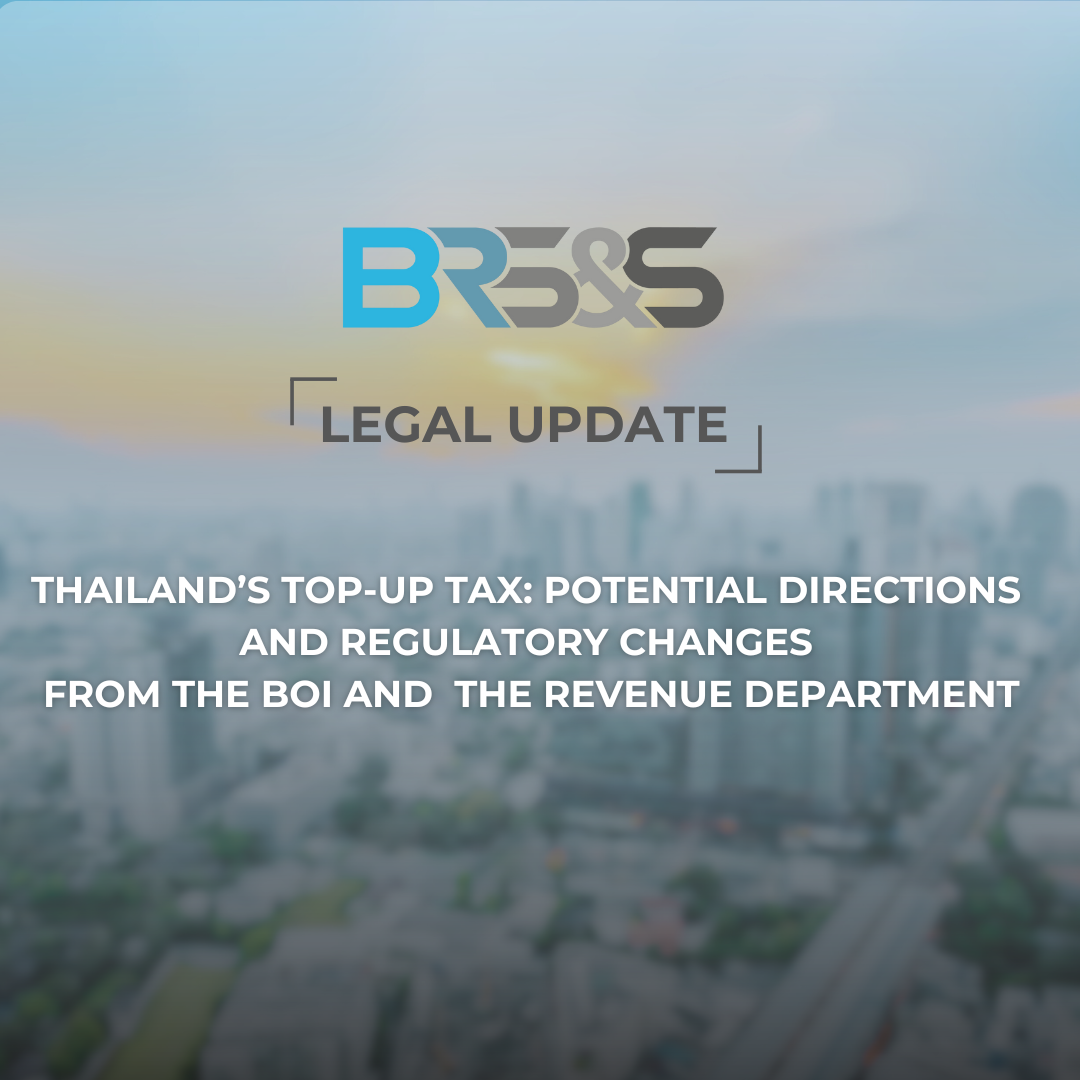As President-Elect Trump prepares to resume office, global trade dynamics continue to evolve and businesses worldwide are seeking ways to adapt and thrive. The United States tariffs on Chinese goods continue to affect supply chains, presenting both challenges and opportunities for businesses. For Chinese businesses and investors, these shifting landscapes present both challenges and opportunities. Thailand has emerged as a strategic and attractive destination for foreign direct investment (FDI), offering advantages such as proximity, robust infrastructure, and a supportive economic environment.
The enduring U.S. tariffs on Chinese goods have underscored the need for businesses to diversify their supply chains and reduce costs. Many Chinese manufacturers, especially those with export markets in the United States and Europe, are reconfiguring operations and exploring new production bases. Thailand, with its established industrial ecosystem and favorable policies, stands out as a key choice for such strategic realignment.
In addition to its logistical and economic advantages, Thailand’s Free Trade Agreement (FTA) with China further strengthens its appeal. This agreement facilitates reduced tariffs and streamlined trade between the two nations, enabling Chinese businesses to integrate seamlessly into the Thai economy while enhancing their competitiveness in global markets.
Thailand’s Competitive Advantage for Chinese Investors
Thailand offers a range of compelling benefits for Chinese businesses seeking to expand or relocate operations.
Key factors include:
•Robust Industrial Infrastructure: Thailand is home to a well-established industrial sector, including specialized zones like the Eastern Economic Corridor (EEC), which supports high-tech industries such as electric vehicles, electronics, and renewable energy.
•Government Incentives: Thailand’s Board of Investment (BOI) offers attractive investment packages, including tax exemptions, streamlined permits, and access to critical resources. In 2022, the BOI reported a 42% year-on-year surge in investment applications, reaching a decade- high of $21.7 billion—a testament to the country’s growing appeal.
•Strategic Location: Located in the heart of ASEAN, Thailand offers easy access to regional markets and serves as a gateway to the broader Southeast Asian economy.
•China-Thailand Free Trade Agreement: The FTA between the two countries facilitates preferential trade terms, enhancing market access and reducing costs for Chinese businesses operating in Thailand.
The Eastern Economic Corridor: A Hub for High-Tech Investment
The EEC, covering the provinces of Rayong, Chon Buri, and Chachoengsao, has become a focal point for high-tech industries and foreign investment. Chinese enterprises, in particular, have shown growing interest in this area, leveraging its cutting-edge facilities and proximity to ports and global markets.
The EEC’s emphasis on industries like electric vehicles, robotics, and biotechnology aligns well with the goals of Chinese companies looking to expand into high-value sectors. Compared to other regional destinations, Thailand also boasts a skilled workforce, reliable energy infrastructure, and comprehensive government support—key factors for long-term success.
Partnering for Success in Thailand
Thailand’s strategic advantages, combined with the economic collaboration fostered by the China- Thailand FTA, make it a prime destination for Chinese investors navigating today’s global challenges.
Blumenthal Richter & Sumet’s China Desk specializes in guiding Chinese businesses through the complexities of investing in Thailand. From securing BOI incentives to ensuring full regulatory compliance, our team of experienced Thai and Chinese lawyers provides tailored turn-key support for establishing and expanding operations in the country.
By leveraging Thailand’s unique position in the global economy and the expertise of a trusted legal partner, Chinese investors can position themselves for sustained growth and success in a dynamic global economy.







